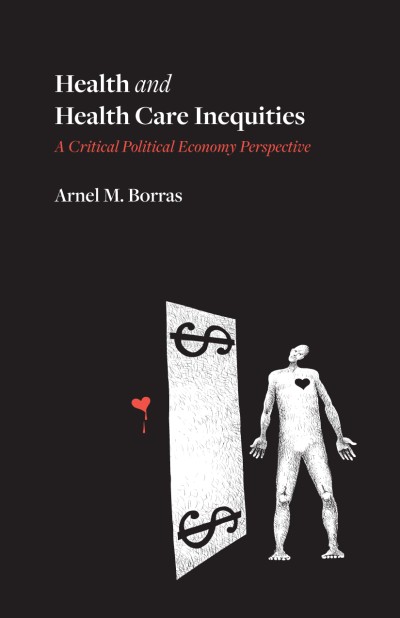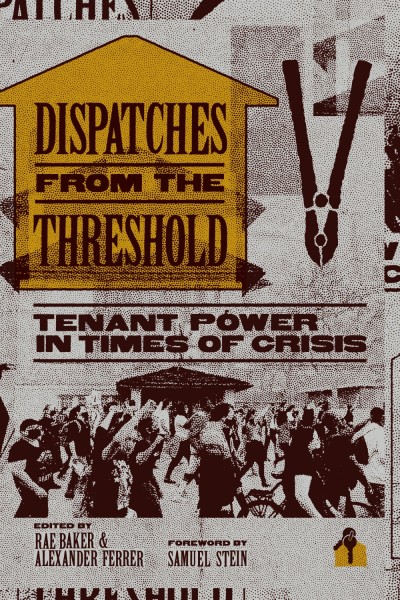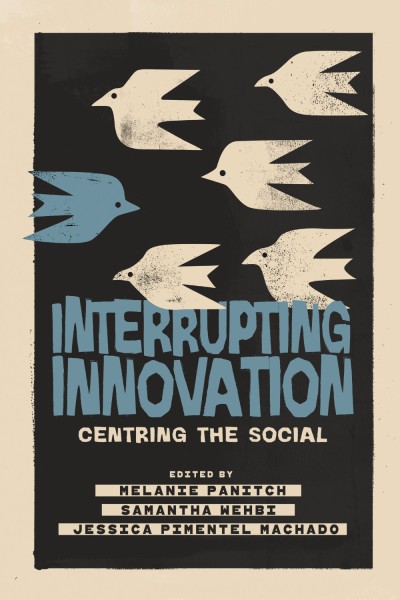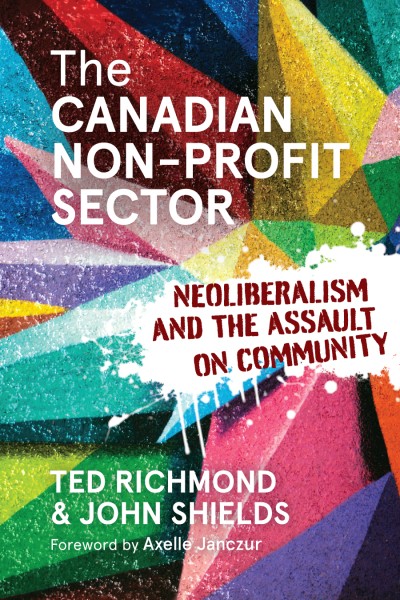
Critical Social Work Praxis
A cutting-edge critical social work textbook that unites social work theory with practice.
About the book
What we think must inform what we do, argue the editors and authors of this cutting-edge social work textbook. In this innovative, expansive and wide-ranging collection, leading social work thinkers engage with social work traditions to bridge social work theory and practice and arrive at social work praxis: a uniting of critical thought and ethical action. Critical Social Work Praxis is organized into sixteen sections, each reflecting a critical social work tradition or approach. Each section has a theory chapter, which succinctly outlines the tradition’s main concepts or tenets, a praxis chapter, which shows how the theory informs social work practice, and a commentary chapter, which provides a critical analysis of the tensions and difficulties of the approach. The text helps students understand how to extend theory into praxis and gives instructors critical new tools and discussion ideas. This book is the result of decades of experience teaching social work theory and praxis and is a comprehensive teaching and learning tool for the critical social work classroom.
Contents
- Social Work Theory & Praxis: An Introduction by Brenda A. LeFrançois, Sobia Shaheen Shaikh and Teresa Macías
- Section 1: Marxist Social Work
- Marxist Theory for Social Work by James Pike and Tom Vickers
- Which Side are You On? Marxist Praxis for Social Work by Gerald de Montigny
- Marxism and Dissenting Social Work: A Commentary by Paul Michael Garrett
- Section 2: Structural Social Work
- Social Work and Structural Theory: Restoring a Vision for Social Work by Hugh Shewell
- Structural Social Work with Indigenous Peoples and Homelessness by Carol Kauppi and Michael Hankard
- An Ecosocial Framework in Structural Social Work: A Commentary by Kati Närhi and Aila-Leena Matthies
- Section 3: Rights-Based Approaches
- Human Rights for Social Work by Jim Ife
- Genocide Prevention: A Forgotten Obligation in Social Work? by Maria Cheung
- Human Rights for Social Work? by Martha Kuwee Kumsa
- Section 4: Anti-Oppressive Practice
- Anti-Oppressive Practice Theory: Building Social Justice Social Work by Donna Baines and Alankaar Sharma
- Phone Calls, Anti-Oppressive Practice and the Relentless Cadence of Transformation by Notisha Massaquoi
- At a Time of “Reconciliation,” is AOP Ready for Decolonization? by Kristin Smith
- Section 5: Feminisms
- Interrogating Routes to Feminist Theorizing: Indigenous, Anti-Racist, Poststructural and Liberal Frameworks by Mehmoona Moosa-Mitha
- Progress and Change Require Feminism and Creativity by Si Chava Transken
- Who is your mother? Decolonizing Feminism by Natalie Clark
- Section 6: Indigenous Social Work
- Toward Indigenist Re-Imaginings: Indigenous Social Work Theory by Laura Hall, Monique Woolnough and Sheri Cecchetto
- The Trickiness of “Indigenous Social Work”: Stories from Toronto’s Red Road by Nicole Penak
- Indigenous Reflections by Cheryle Partridge
- Section 7: Poststructuralism: Language, Discourse, Power
- Finding Foucault: Critical Ideas to Transform How We Think and Act by Anne O’Connell
- A Post-Structural Praxis: Contesting the Subordinating Practices of Community Engagement by Julia Janes
- Poststructural Thought: Revolutionary Critique of Power by Susan Strega
- Section 8: Critical Race Theory
- Critical Race Theory for Social Work by Harjeet Badwall
- Applying Critical Race Theory to Understanding of Antecedent Risk Factors for Gang Involvement and Desistance Among Young Black Men by Sulaimon Giwa and Leslie M. Bagg
- Situating Anti-Black Racism and Racism Through a Critical Race Theory Lens: Commentary on Social Work Theory and Practice by Delores V. Mullings
- Section 9: Critical Whiteness Studies
- Evolving Theory of Whiteness: A Journey from W. E. B. Du Bois to Shame and Call-Out Culture by June Ying Yee and Gary C. Dumbrill
- The Performativity of Whiteness and Anti-Black Racism in an Academic Supervisory Relationship by Régine King and Joy Eidse
- Economies of White Emotion by Donna Jeffery
- Section 10: Theories of Colonialism, Colonization and Coloniality for Social Work
- Postcolonialism and Decolonality by Teresa Macías
- Mahatma Gandhi, Martin Luther King and Social Work: A Conversation We Are Yet to Have by Paul Adjei
- Colonization: A Commentary by Kathy Absolon
- Section 11: Spirituality in Social Work
- Theorizing Spiritual Ontology and Ethics in Transformative Social Work Practice by Barbara Waterfall
- Re-storying “Hardship” and “Ease”: Towards a Spiritual Social Work Praxis by Siham Elkassem and Sobia Shaheen Shaikh
- Spirituality and Social Work: A Commentary by Peter Amponsah
- Section 12: Queer Theories and Transgender Theories
- Thinking With and Across Queer and Trans Theories by Cameron Greensmith
- Queer and Trans Theory: Understanding “Gender Passing” Among Filipino Trans Women by Fritz Luther Pino
- Queer and Trans Approaches Revisited: Resisting Colonial Binaries in the Service of Social Justice by Michelle Fairbairn
- Section 13: Critical Disability Studies
- Disability Studies’ Insights for Critical Social Work by Chris Chapman
- Critical Social Work Practice Addressing Disability by Marilyn Dupré
- Critical Disability Studies in Social Work: Possibilities for Continued Dialogue by Nirmala Erevelles
- Section 14: Mad Studies
- Mad Studies, Mad Theory by Brenda A. LeFrançois and Christine Peddle
- Maddening Intersectionality: Assemblages, Conviviality and Confluence for Epistemic Dissidence by Ameil Joseph
- Teaching Mad Studies to Social Work Students by Jijian Voronka
- Section 15: Social Anarchist Social Work
- Social Anarchist Social Work by Brenda A. LeFrançois
- Mutual Aid, Autonomy and Anti-Authoritarianism: Building an Anarchist Social Work Praxis by Mark Baldwin
- The Dawn-Light of Social Work: Anarchist Praxis for Emancipation by Simon Springer
- Section 16: Social Work and the Environment
- Contested Concepts: Environmental Justice for Social Work by Donna Jeffery
- Degrowth, Decoloniality, and the Unsettling of the Knowing Subject: A Utopian Praxis for Social Work Education by Teresa Macías
- Social Work and the Environment: Social Work’s Wicked Problem by Sobia Shaheen Shaikh


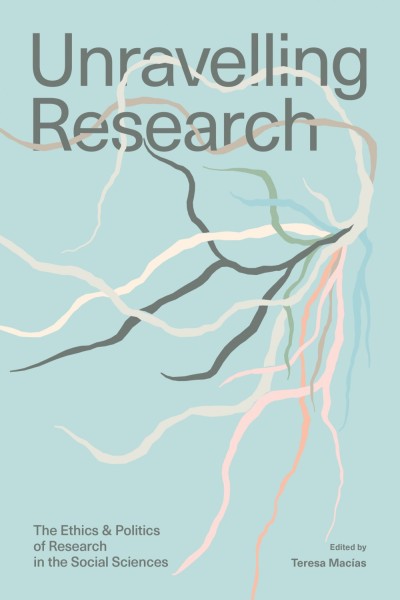
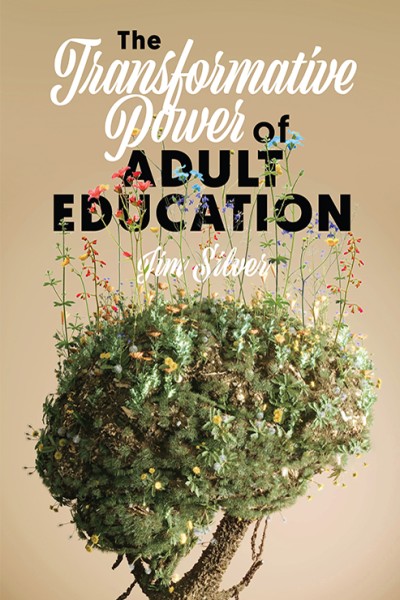

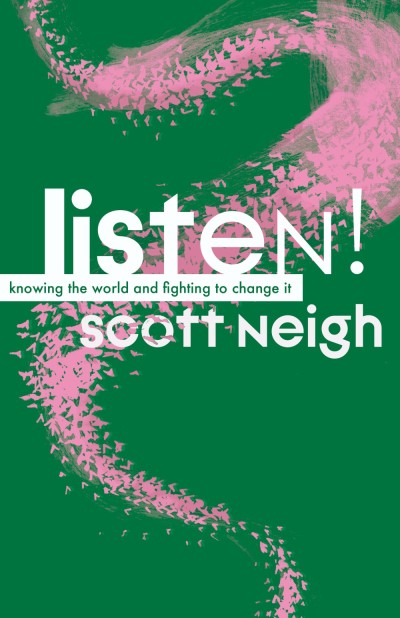
_cover_REV_400_600_90_s.jpg)
